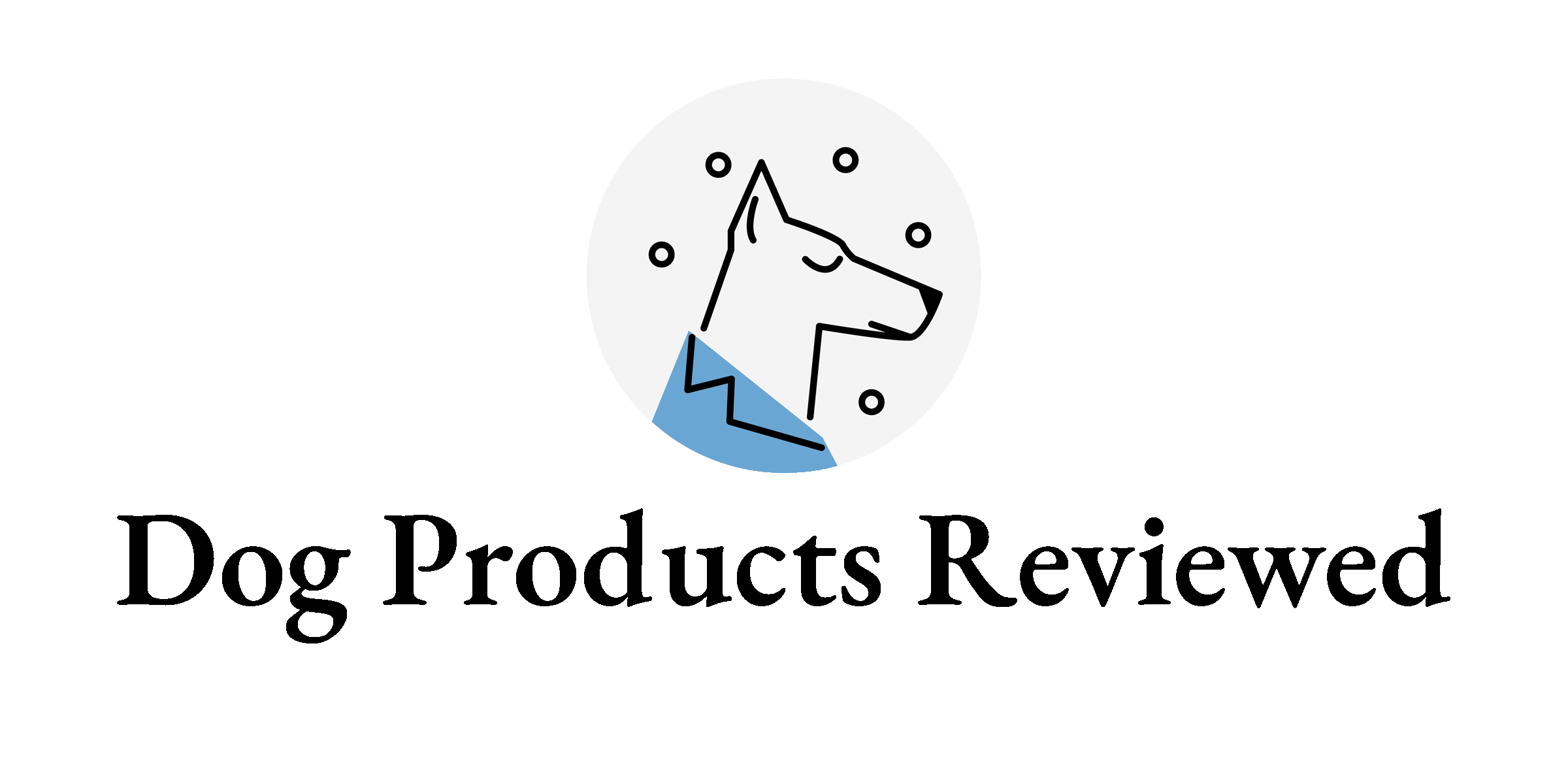When your dog is throwing up yellow bile or foam, it could be due to an empty stomach where gastric acids irritate the lining, leading to nausea. Nevertheless, it’s essential not to disregard this, as it could also signal an underlying illness or something ingested by your dog.
If your dog vomits yellow foam just once but appears otherwise normal, there’s generally no need for concern. However, if there are additional signs of illness, it’s advisable to consult your veterinarian. Below, we’ll explore some common causes of yellow vomit in dogs and the recommended treatments and preventive measures.
Reasons Dogs Vomit Yellow Bile
Dogs might vomit yellow liquid when their stomachs are devoid of food, but it could also be symptomatic of an illness. Yellow vomit typically contains stomach acids and bile and can vary from thin and watery to foamy or thick and slimy.
Stomach acids, produced by the stomach lining, aid digestion, while bile is a digestive fluid from the liver stored in the gallbladder. This bile enters the duodenum (part of the small intestine) to assist further with digestion. Without food to buffer these acids, they can irritate the stomach lining, causing the dog to vomit.
Though hunger might be the reason some dogs vomit yellow bile, other health issues can also cause vomiting. Thus, it’s vital not to overlook yellow vomit.
It’s worth noting that yellow vomit might not just be bile and stomach acid; it could be something yellow that your dog consumed and couldn’t digest. There are various potential causes for yellow vomiting; sometimes, it resolves on its own, but if it happens frequently, it could signal a more serious issue.
Possible causes for yellow vomit include bilious vomiting syndrome, indigestion, liver disease, and more.
Bilious Vomiting Syndrome
Also known as reflux gastritis, this syndrome is a common cause of vomiting, especially in older dogs. Dogs with this condition generally vomit yellow bile in the morning before eating but behave normally after meals. This vomiting stems from stomach irritation due to bile and can often be prevented by giving your dog a small meal before bedtime and breakfast first thing in the morning. Should this fail, your veterinarian might prescribe an antacid.
Indigestion
Dogs often ingest items they shouldn’t. If your dog consumes spoiled food or something rich from the trash, grazes on grass, eats something unidentifiable off the ground, or even gets into the cat litter, this can lead to vomiting, which may contain yellow bile. This is usually a self-limiting issue unless your dog continues to eat inappropriate items.
Pancreatitis
Pancreatitis involves inflammation of the pancreas and typically follows the consumption of a rich, fatty meal. Besides vomiting yellow bile, affected dogs generally experience diarrhea and severe pain, necessitating veterinary intervention.
Intestinal Blockage
Ingesting foreign objects like toys, bones, or fabric scraps can lead to an intestinal blockage. Initially, your dog might vomit up food, but as the stomach empties, yellow bile vomiting might occur. Other symptoms include pain, lethargy, loss of appetite, and inability to pass stool. Surgery or possibly endoscopy is often required to resolve the blockage.
Toxin Exposure
Eating toxins such as chocolate, certain medications, or poisonous plants can cause your dog to vomit yellow bile, along with symptoms like trembling, weakness, diarrhea, loss of appetite, and intestinal pain. If you suspect toxin ingestion, contact your veterinarian immediately.
Systemic Illness
Chronic conditions like kidney disease, liver disease, Addison’s disease, or other systemic illnesses can cause a dog to vomit yellow bile due to digestive disturbances or nausea. Your veterinarian can provide guidance on managing these health issues.

Actions to Take if Your Dog Vomits Yellow Bile
If your dog vomits yellow foam or liquid just once, it usually isn’t cause for alarm. However, follow these steps:
- Monitor for lethargy, diarrhea, loss of appetite, weakness, and other illness signs.
- If your dog seems normal otherwise, feed as scheduled and watch for further vomiting.
- If vomiting continues, skip the next meal and keep observing.
- Offering the next scheduled meal after skipping one may help, but continue monitoring for vomiting and other symptoms.
- If vomiting persists or other symptoms arise, contact your veterinarian for guidance.
Warning: Contact your vet if your dog vomits more than twice in 24 hours or if daily vomiting continues over several days. Also, seek veterinary care if other illness signs appear.
Treatment for Vomiting in Dogs
Your vet will start with a thorough examination and discussion of your dog’s medical history, including medications and diet, plus any potential ingestions like plants, chemicals, or hazardous foods.
Diagnostics might include blood and urine tests, radiographs (X-rays), and possibly ultrasounds. For suspected bilious vomiting syndrome, feeding a small meal before bedtime and offering breakfast first thing may be advised.
Initial treatments often involve anti-nausea medications, antacids, and GI-protectant drugs, with first doses typically administered via injection to avoid further vomiting. Persistent vomiting can lead to dehydration, with fluid therapy often recommended, either subcutaneously or intravenously, depending on severity.
Severe cases, such as those involving pancreatitis, systemic illnesses, or poisoning, may require hospitalization for intravenous fluids and frequent medication administration.
If gastrointestinal obstruction is suspected, surgery or endoscopy might be needed to remove the blockage, followed by post-operative care in the hospital.
Preventing Vomiting in Dogs
Preventing vomiting mainly involves keeping your dog away from dangerous items. However, some illnesses are unavoidable.
Here are a few tips to minimize vomiting risks:
- Ensure routine wellness check-ups with your vet annually or as recommended.
- Feed a balanced diet and limit treats.
- Keep plants, chemicals, human food, and other toxins out of reach.
- Supervise playtime with chew toys, especially if your dog tends to destroy toys.
- Prevent your dog from ingesting non-food items.
At the first sign of illness, contact your veterinarian — prompt attention can prevent complications. When in doubt, visit the nearest open vet office.




